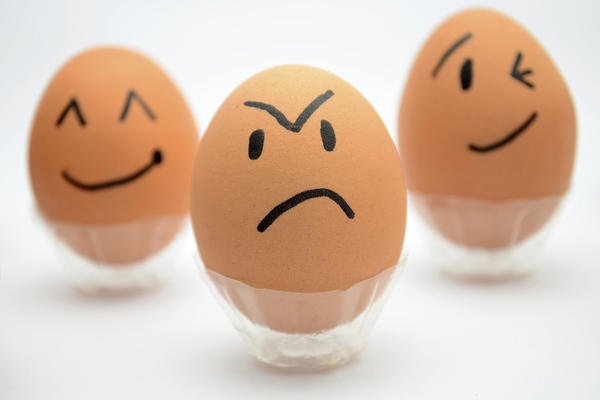Hormone imbalance is impacting on women’s bodies as well as on their emotional health.
An article in the
Sydney Morning Herald’s Life & Style section on 19 July (
Boom and bust, by Erika Woods) reported that women’s breasts, particularly those of younger women, had increased on average by three cup sizes during the past 50 years.
Increasing richness of diet and increasing levels of oestrogen due to puberty starting much earlier are offered as possible factors, however some professionals argue that an increasing level of oestrogen in women’s bodies, due to external sources, is a key factor in this developing phenomena.
Other sources of oestrogen are:
• Chemicals in our food – some producers using oestrogen as a growth hormone to fatten animals more quickly.
• Some medication.
• Environmental pollution, especially agricultural chemicals in our food.
(more detailed list here)
Plastic bottles may also be partly to blame. Many plastic bottles contain the chemical Bisphenol A (BPA), which has a molecular structure that is similar to oestrogen. BPA has been associated with damage to the endocrine system.
In the Sydney Morning Herald article Erika Woods wrote: “Concern has mounted about BPA content in babies’ bottles and major retailers in Australia have begun phasing out bottles containing BPA, as has already happened in the US, Canada and some European countries.”
BPA may well be linked to a recent report that some Chinese babies have shown signs of puberty after drinking infant formula, or it may be the water that was mixed with it to make the milk.
Some medical professionals believe the contraceptive pill is a factor in this oestrogen overload.
Man boobs
The New Zealand Herald, on March 22, 2002, reported that in England nearly 50 per cent of male fish in low lying rivers had changed into females.
“. . . the urine of women taking the contraceptive pill was contaminating one third of the country’s drinking water,” the report stated.
The article also linked falling male fertility to osetrogen contamination. Some believe the growing incidence of so-called man boobs is also linked to excess oestrogen.
Impact on emotions, life and relationships
Women well past puberty can experience life changing mood swings and stressful emotional issues also as a result of oestrogen overload.
Australian Olympian and mother of three Lisa Curry went public in 2002 with her story of an ongoing battle with hormone imbalance. The report was titled Her Hormonal Hell and it related how hormone overload nearly destroyed Lisa’s family life.
In desperation Lisa approached Jeff Butterworth, a naturopath who specialised in women’s health. Jeff diagnosed the problem as oestrogen overload and developed a dietary supplement called 30PLUS specifically for Australian and New Zealand women.
In the 2002 report Lisa talked about this passage of her life:
“Back then I didn’t know how hormone imbalance could affect you and I just couldn’t understand why I was bounced from one emotional extreme to another without any real cause. I would fly off the handle for no reason; angry one minute and crying the next. My husband walked out on me.
“It is now very clear to me now that hormone imbalance was the cause of my problem. Looking back I just can’t believe how much being on that emotional roller coaster affected my life and my family. I guess I’m one of the lucky ones who found the answer and can now look back with relief at how I was at my worst times. It is very difficult for the modern woman to avoid oestrogen overload and the subsequent mood swings and associated emotional problems.
“There are many women out there right now suffering the emotional ups and downs of hormone imbalance without even realising what’s causing it.
I know how you feel and I’m happy to tell you there is an answer. I was helped by a natural product called 30PLUS which helps to balance my hormones.
“I feel sensational again!”
“Since I have told my story I have heard from many, many women who also suffered an emotional roller coaster without knowing what was causing it.
Ladies if you don’t feel quite right or have been a little emotional lately you could be suffering from hormonal imbalances.”
More than 50,000 Australian and New Zealand women have been helped by 30PLUS during the past eight years.
The full article is available
here.

